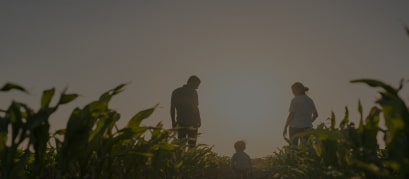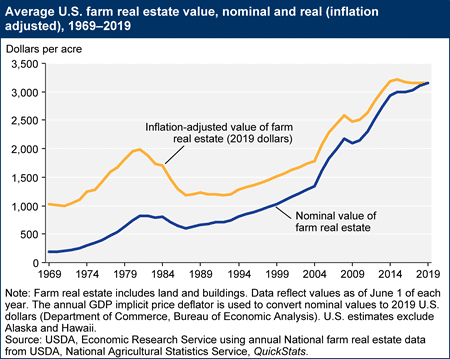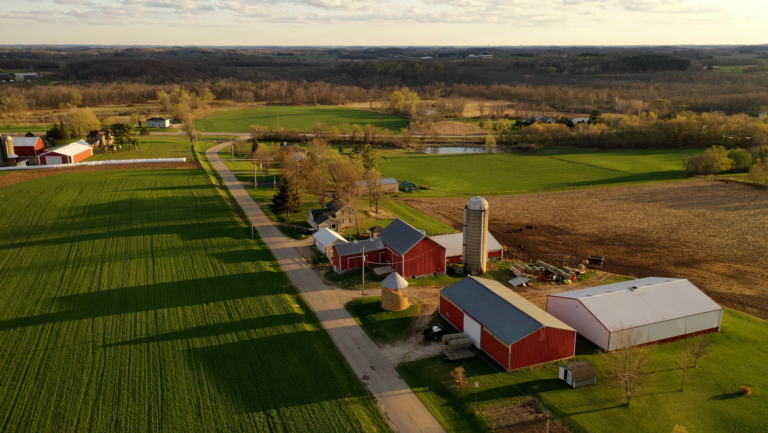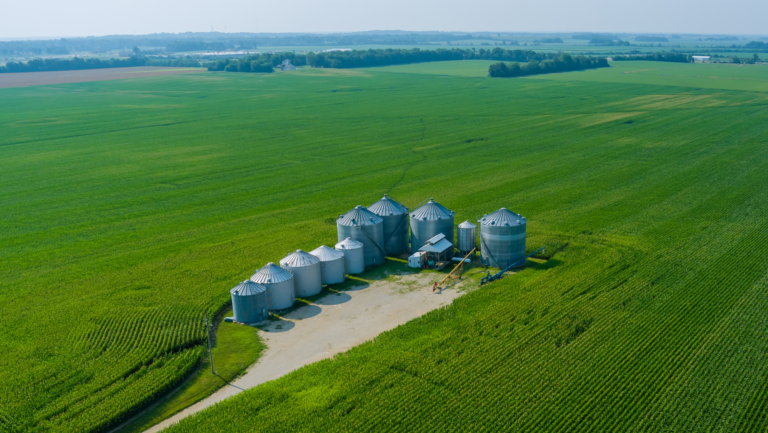The Role Land Equity Plays in Securing Financing in 2020
Farmland Remains Stable During Economic Tumult
The economic disruption caused by COVID-19 has negatively impacted many sectors in our global economy, including the stock market and businesses deemed nonessential. Temporary closures of nonessential businesses have brought industries such as hospitality, entertainment, and travel to a sudden halt. The disruption has drastically shifted how the agriculture sector—a critical infrastructure—distributes food to the consumer.
The 2023 Farmland Report
Understanding the power of equity is key in helping farmers mitigate financial risk. Download AgAmerica's free land report to unlock market insights from AgAmerica's economic research team.
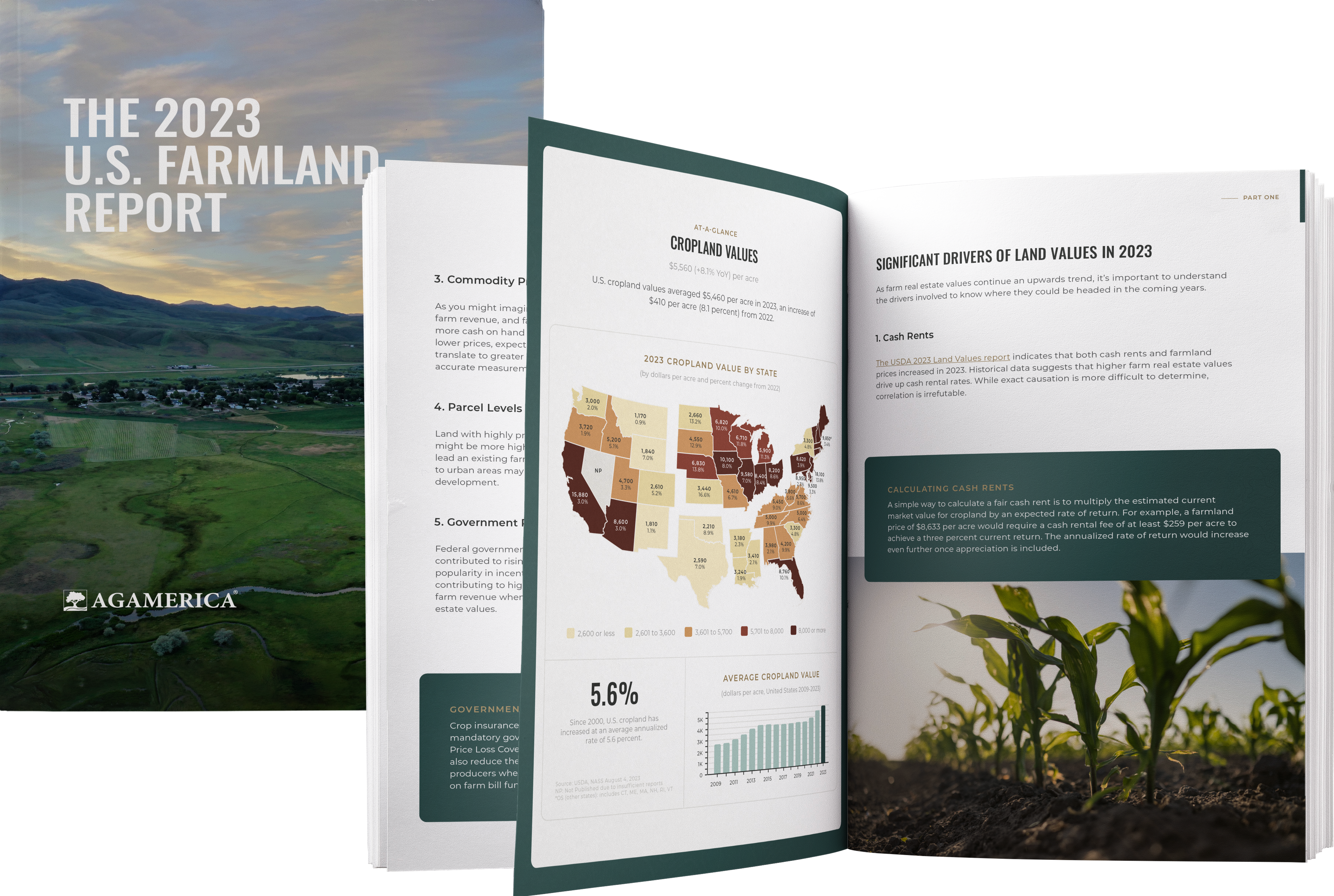
The 2023 Farmland Report
Understanding the power of equity is key in helping farmers mitigate financial risk. Download AgAmerica's free land report to unlock market insights from AgAmerica's economic research team.
Additionally, the pandemic also marked one of the worst first quarters in history for the stock market and the end of an 11-year bull market. The New York Stock Exchange experienced a 30 percent loss of value in March alone. Comparatively, the value of farmland slipped between two and three percent during the same time frame.
So how are agricultural land values staying relatively stable among major economic fluctuations? Stable agricultural land values during COVID-19 are largely attributed to,
- Steady returns from agriculture markets;
- Low-interest rate opportunities; and
- Minimal risk associated with farmland investments.
The Government’s recent passing of the CARES Act flushed $2.3 trillion into the U.S. economy in an attempt to stabilize struggling markets. The emerging number of emergency lending programs over the past few weeks has provided much-needed liquidity in financial markets. Government activity has not only suppressed rising interest rates but allotted $23.5 billion in funding for farmers to maintain food production despite recent challenges. Challenges include uncertainty in commodity futures, as well as changes in available farm labor.
Learn more about The Global Impact of COVID-19 on Agriculture
Build a Stronger Financial Portfolio Using Land Equity
Although government funding offers some short-term relief for farmers and ranchers, the uncertainty surrounding the future of agriculture is driving many to explore alternative ways to secure financing. Sudden shifts in the industry include depressed commodity pricing, supply/demand disruptions, and loss in farm labor. But even as the USDA debates the distribution of government funding, the existing fiscal and monetary support systems currently in place are making land values a “safe haven” during this turbulent time.
Leveraging Land Equity for Working Capital
“Cash is king during times of economic distress; it is important to ensure adequate working capital is available for your operation,” says AgAmerica CEO and President, Brian Philpot. “Farmers should be looking into how their debt is structured.” In times of economic stress, the amount of working capital available can make or break a business.
The ability to leverage land equity and increase working capital makes farmland a valuable asset during unpredictable economic times. Farmers who use land equity to adjust their financial structure will improve their chances of coming out stronger than most of their peers.
Farmland ownership can provide a financial buffer against potential bankruptcy. For example, amid other real estate and stock crashes during the Great Recession in 2008, farmland values steadily increased with an average annual return of 12 percent.
Farmland values currently account for over 80 percent of the total assets in U.S. agriculture. A low-interest rate climate is an optimal time to refinance existing land debt to ensure a better return on your investment. Farmland refinancing can lower payments and free up cash flow needed for operational expenses.
Read Cash is King During Economic Uncertainty
Land Value Outlook for 2020
Many aspects of the global economic landscape remain unclear, but one constant that remains is land value. COVID-19 has brought to light the important roles agricultural producers and their land play in maintaining the food supply chain. Farmlands are an essential and finite part of our nation and are unlikely to see significant depreciation over time.
How AgAmerica Supports American Agriculture During Times of Crisis
AgAmerica remains open and operating at full capacity to provide farmers and ranchers with the best resources to solidify their financial position during this unprecedented time. If you are interested in using existing land equity to safeguard the financial structure of your operation, discuss customized financing options with one of our Relationship Managers today..

